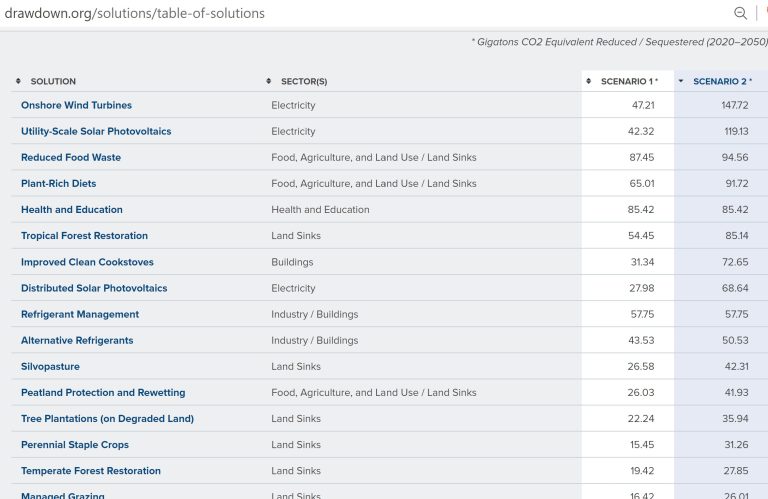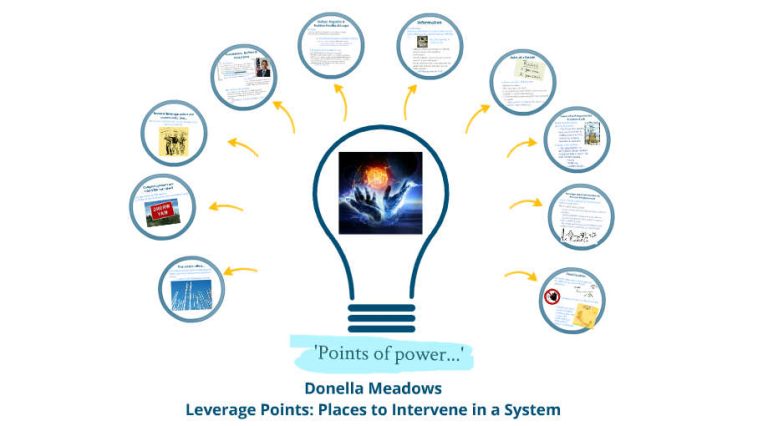10 tips for improved collaboration results
Can you make an offer too good to refuse? When you make a request for something to be done, do you get the result you want when you wanted it? If you want to get better results, there are ten things to consider in how you make your requests.
Making offers (and requests) is a key skill for regenerative business entrepreneurs and sustainable business advocates, because we’re asking people to change how they live and work. The better our offers are, the more effective we are in contributing to a regenerative economy.
A fundamental way that we get things done in the world is to make requests and offers. Up to 80% of the work we do in the world is done in groups, so the better we can organise to get things done, the more effective we will be. Ontological Coaching provides a great toolkit for using language, including an understanding of how to make more compelling offers and requests.
What’s the success rate of your offers and requests?
Count the number of requests you’ve made today. How about during the past week? How many of them got delivered on time, first time AND done correctly? How much time are you spending following up, correcting and managing problems with delivered requests? How much more time might you have if you could get just 10% more effectiveness in the requests you make?
The following checklist is adapted from the book “Coaching to the Human Soul Volume 1” by Alan Sieler of Australia’s Newfield Institute (well worth having in your library if you’re in the business of making change happen).
Check the effectiveness of your requests
- Have you made sure that you’re using words that your listener will understand? Are you clear on the values and beliefs of the person you are asking? Have you checked your understanding or could you be assuming things that aren’t so?
- Have you clearly described the task to be performed (including the steps to get started)? What do you want the person to do? What resources will they need to use? What results do you expect?
- Are the standards (quality) for satisfactory completion of the task explicit? Do you have an explicit agreement on what success will look like? Will the person have the resources they need to perform to the required standard?
- Has the precise time frame for completion been specified? Does the person doing the task understand how much time they’ll need to allocate? Do you have a progress check-point?
- Is the reason for the request is clear? Check that its importance to you, to those around you and its importance to your listener are explicitly stated?
- Is the mood of the situation factored in? What’s going on for your listener emotionally and mentally? What are their current priorities?
- Do you as the requestor have a good understanding and trust of the competence, reliability, commitment and sincerity of the person you are asking?
- Has a direct request been spoken? Have you made sure you’re not being too subtle for the listener? What could you be assuming?
- Has the request been made to a specific person who is concerned with the task domain?
- Has the request is made from a solid belief in its legitimacy and value? (Including your posture, voice volume and tonality if it’s face-to-face).
The better you make your request, the better the result you are likely to get. So take some time to make sure its working for you.
What about the offers you make?
An offer is essentially a request you make where you do the task for someone (instead of asking them to do a task for you).
In regenerative business practice we’re often making offers to people to make their lives more rewarding, their jobs more successful and their businesses more profitable. If our offers aren’t made effectively, the people we’re talking to miss opportunities – particularly new products, new services and new markets.
So if your offers aren’t being heard, you can use the same 10 point checklist to refine them.







